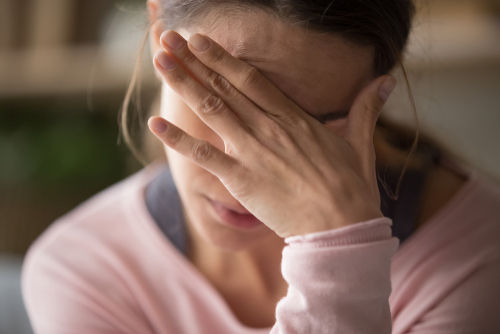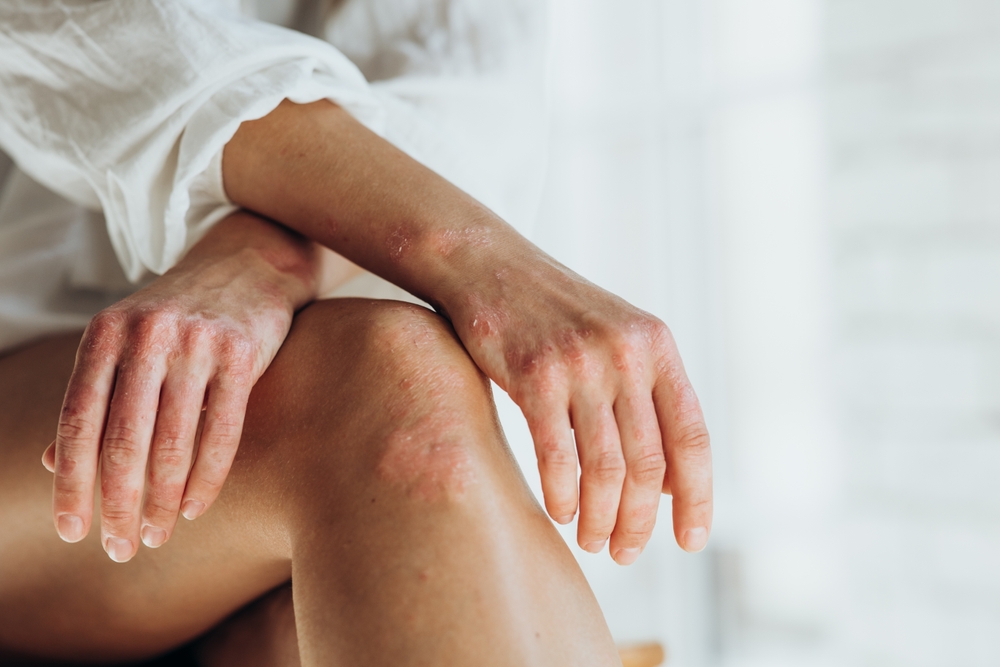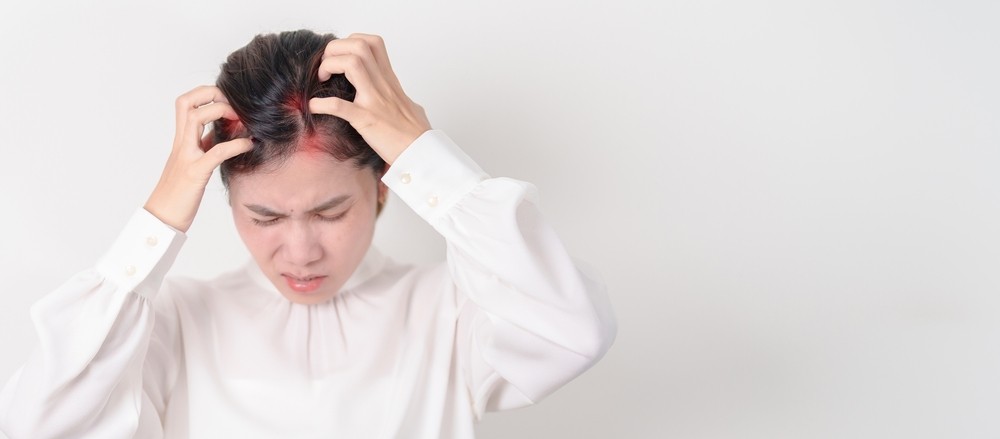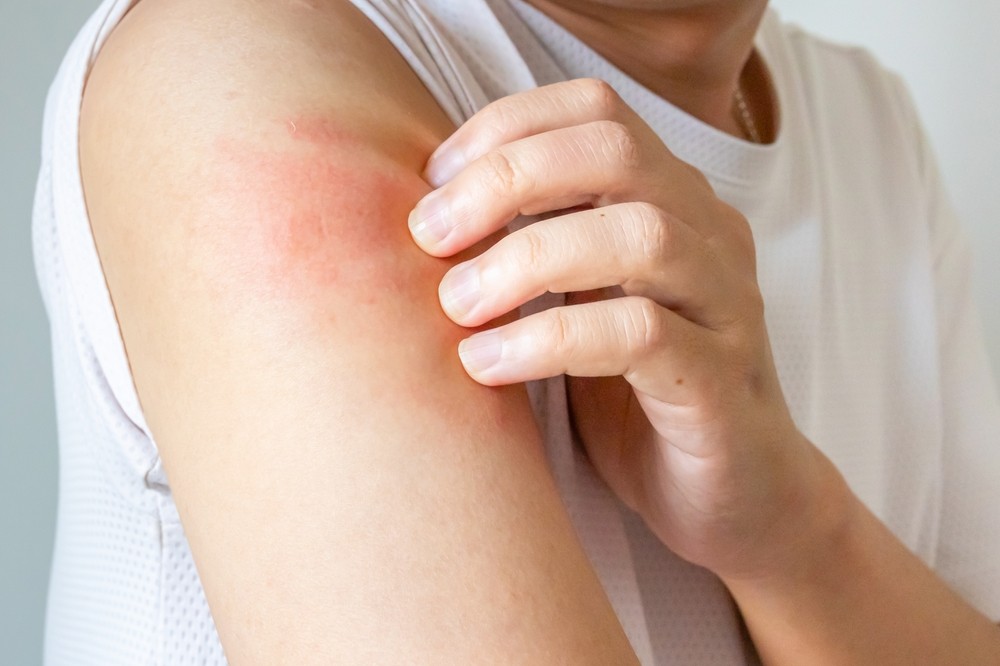A King’s College London analysis of 596 adults with alopecia areata found that quality of life is driven more by stigma and negative illness perceptions than by disease severity itself. Over half of respondents reported feeling ashamed or self-conscious, and more than one-third said work, school, home, or leisure activities were affected. Alopecia areata remains widely dismissed as “cosmetic,” despite substantial mental-health burdens including anxiety and depression. Prior international data (eg, from the United States, China, India, Japan, and Brazil) also show variable but consistent links between alopecia and anxiety/depression, underscoring the need for systematic attention to psychosocial impacts.
Participants who held more positive perceptions of their alopecia reported fewer anxiety symptoms, highlighting the value of psychological support alongside dermatologic care. The authors recommend incorporating brief assessments of stigma and illness beliefs into routine visits to guide earlier, targeted interventions (eg, counseling, peer support, or mental-health referral). They also announced the global ‘Alopecia+us’ study to examine real-world effects in adolescents and families, with the goal of informing more person-centered, mental-health–integrated care pathways. Collectively, the findings argue for treating the psychological burden as a core component of alopecia management, not an afterthought.
Reference: Smith T. Alopecia-Related Stigma Linked to Greater Mental Health Burden Than Disease Itself. HCPLive. Published July 15, 2025. Accessed August 8, 2025. https://www.hcplive.com/view/alopecia-related-stigma-linked-greater-mental-health-burden-than-disease-itself








